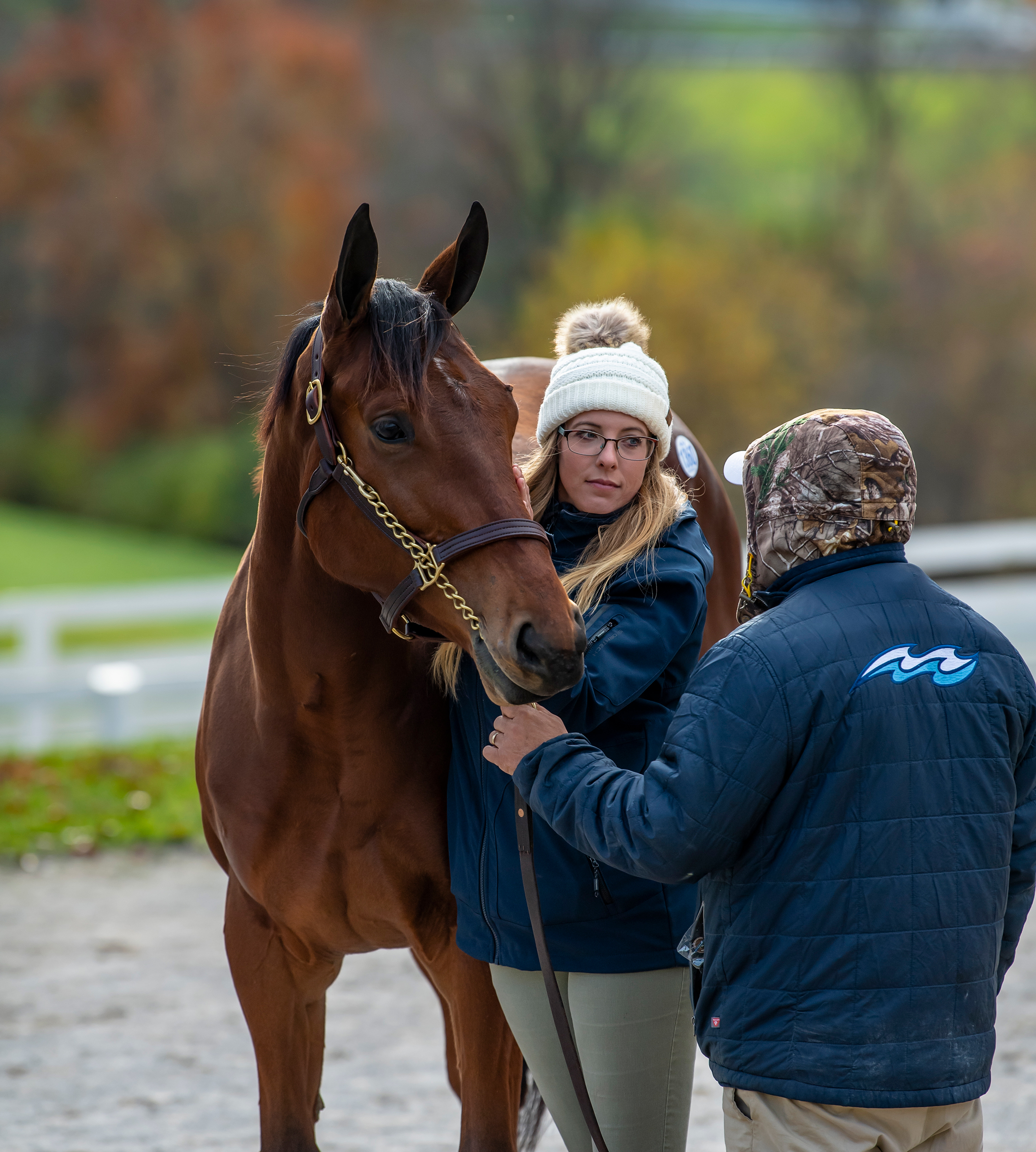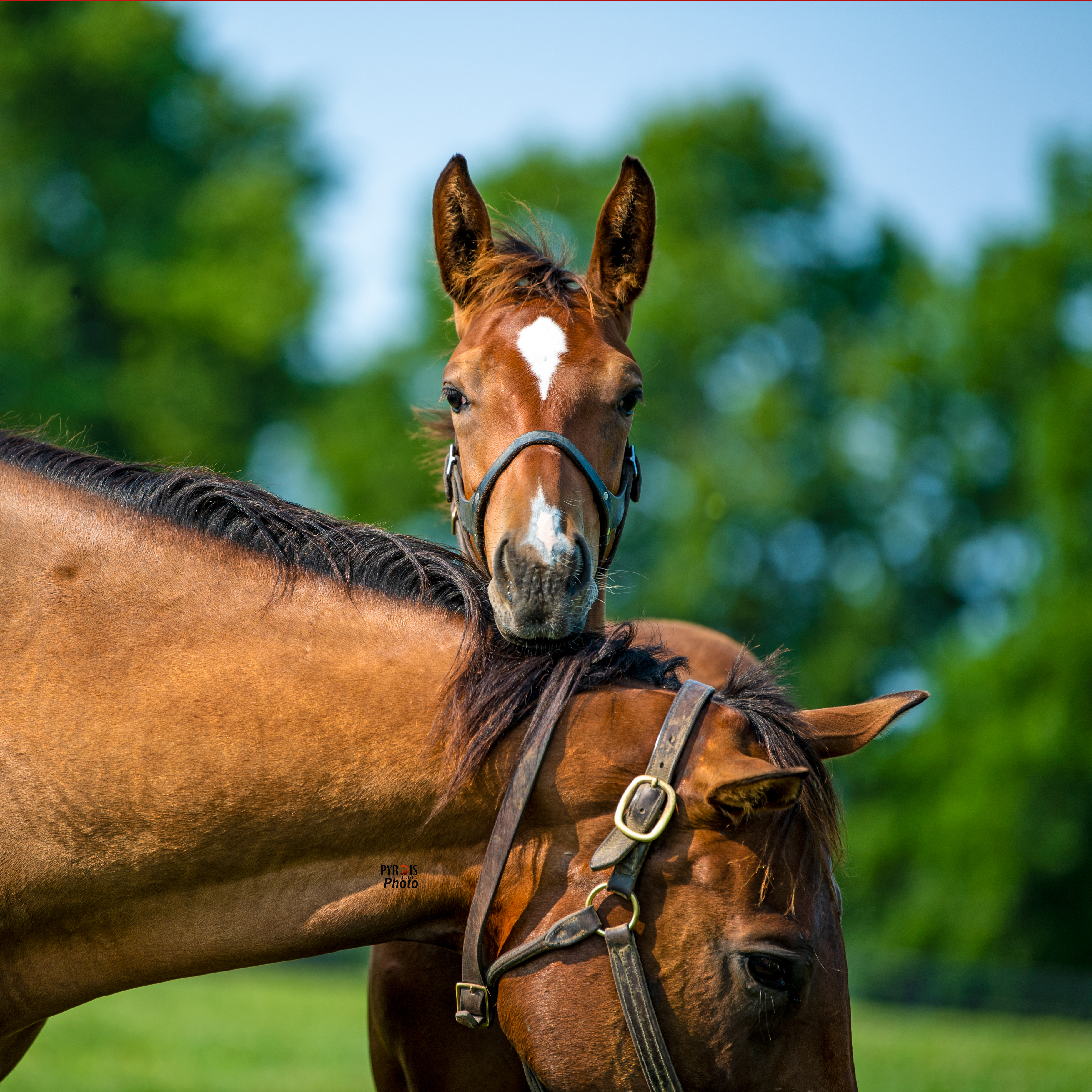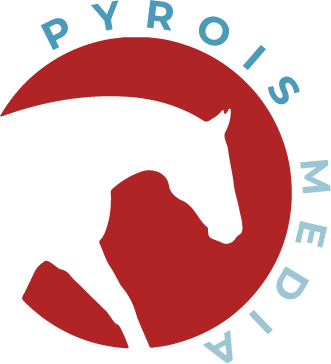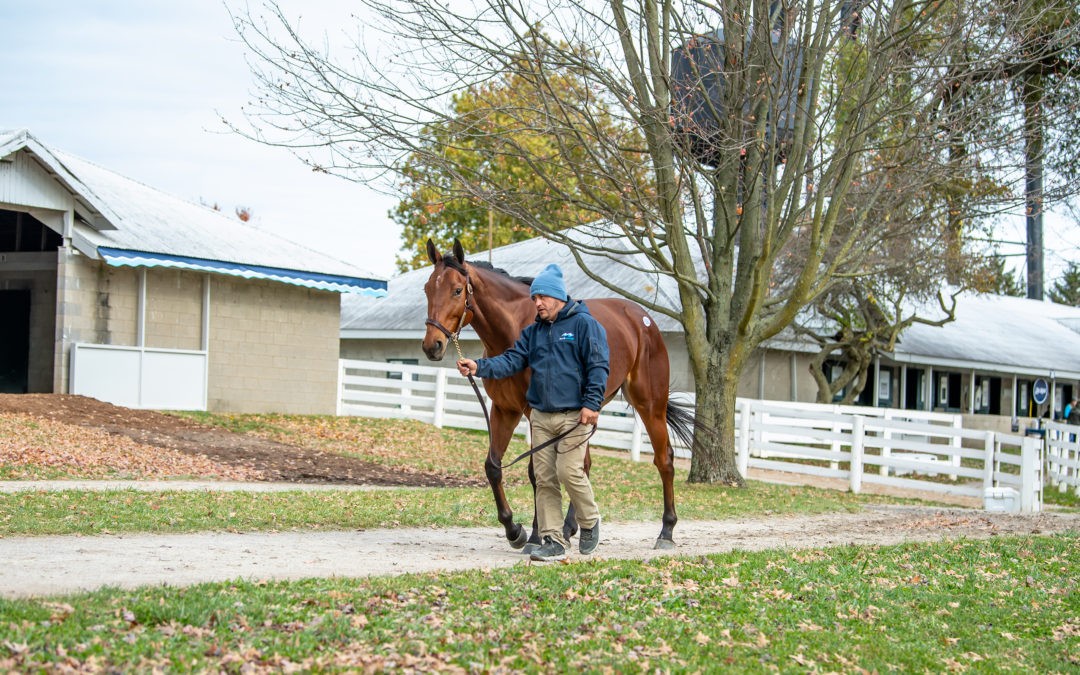If you’re looking for a career switch or are just graduating school and love horses, the equine industry can seem like the perfect place to go.
It is a worldwide industry that can see you traveling the world and working with some of your equine and human heroes. I have loved working in the industry in various roles I have held throughout my career but there are some things I wish people would have told me before I took the plunge!
With that in mind, this week’s blog looks at four of those points and talks about a few things I’ve also seen other people stumble over when deciding to make working with horses their life’s work.
1) It’s Different Than Having Horses as Your Hobby

One of the most important things I wish someone would have told me is that while working in the industry is fun, working with horses is much different than enjoying them as a hobby – even if you take that hobby seriously.
Being around horses and other people who share your passion all day, (almost) every day is great but it takes on a different feeling when you’re doing it to make a living. “Love what you do and you’ll never work a day in your life” is a feel-good saying and has some truth in it but it’s the sunnier side of working thoughts. The truth is that making your passion your job also has downsides because you can’t just sake a few weeks off if you need a break.
There are plenty of good things about working with horses and in other jobs in the industry but from personal experience and talking to others, not many people consider how different it is when it is your livelihood. Unfortunately we all know of multiple people who burned out and left horses completely because they didn’t realize just how much it changes when your paycheck comes from working in the industry.
2) Communication Is Key

Of course knowing equine body language and how to communicate with horses is important but even if you’re mainly working with horses, you will still have to interact with other people.
Making sure you can communicate effectively is incredibly important, even if your job is focused on working with horses 99% of the time. If a horse is hurt, you have to be able to clearly and concisely tell others the problem. If you’re a trainer and a horse in your care isn’t ready for a show, you have to communicate that diplomatically to your client.
You don’t need to sign up for a year’s worth of communication classes to make sure your skills good enough, but you do need to make sure you don’t come into the industry thinking that you’ll just be working with horses and communication doesn’t matter. The horse industry is a competitive one and standing out with your communication skills will help you gain and keep clients.
3) You Don’t Know Everything

You’ve been riding your whole life, you’ve attended multiple horse management clinics, you have walls full of blue ribbons, and you often get praised for your skills. Obviously you are ready to come in and make millions off of your skills and build a large program with a waiting list full of potential clients. But …. I’m here to tell you to leave your ego at the door.
As a horseperson, you do indeed have unique skills and you should be proud of them. But you’ll be learning so much more when you make a career in the industry. Many people come in thinking they know everything and have nothing left to learn. Don’t be that person.
Even if you think you know the best way to pick a hoof or take care of barn finances, listen to those around you. As I said above, working in the industry is much different than when it was your hobby. You’ll want to suck in as much knowledge as possible in your first years (and decades) to make sure you set yourself up for success in the long-term.
4) You’re Rarely Working Banker’s Hours

If you’re hoping to have the “normal” schedule you hear non-horse friends talk about, you’re going to have to do a lot of searching. There are very few jobs in the equine industry where you will always have the normal Monday through Friday 9 to 5 schedule.
Just like finding a saintly, champion pony for low five figures, the elusive “banker’s hours” jobs are few and far between.
Many jobs in the barn (in the United States) are six days a week and if you’re on a farm, they often start at 6 or 7a.m. with jobs on the racetrack starting even earlier. While working in a show association office may give you those 9 to 5 hours, there are also weeks where you’ll be expected to work longer and on your normal days off. If you work in advertising, it is also likely you’ll work at least some weekend days with ads and other information needing to go out on Saturdays and Sundays – often with work running later into the afternoon and evening.
Working in the equine industry isn’t always easy but if you love the horses and can’t imagine doing anything else, it is also an incredibly rewarding career path that can take you on adventures you never imagined experiencing.
Have questions about how you can get involved in the equine industry? Email Melissa@PyroisMedia.com!

